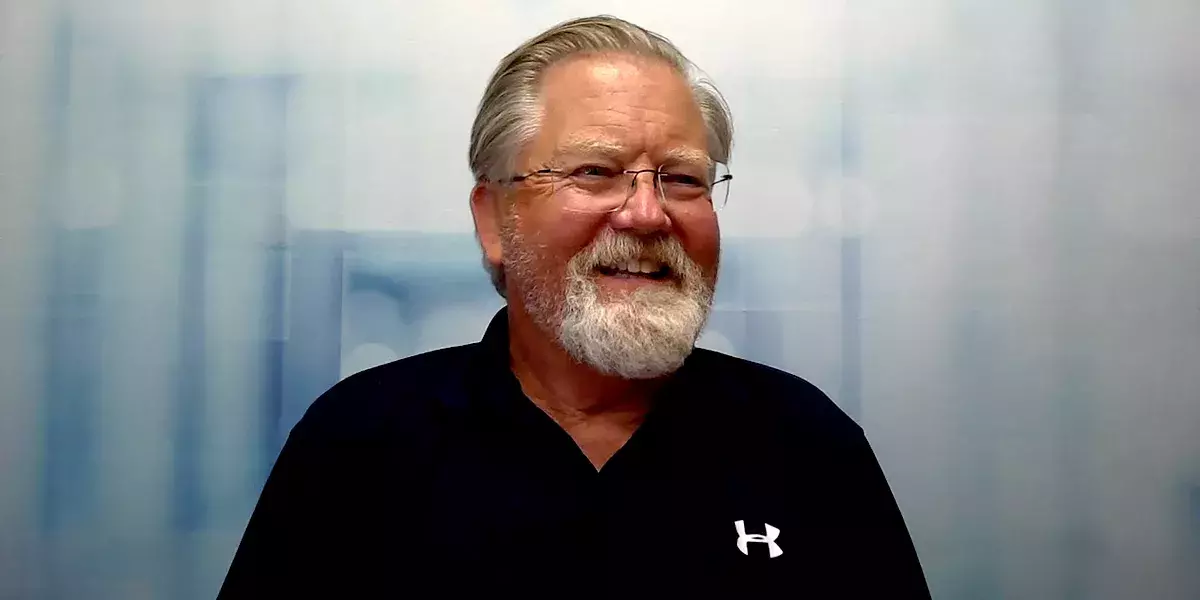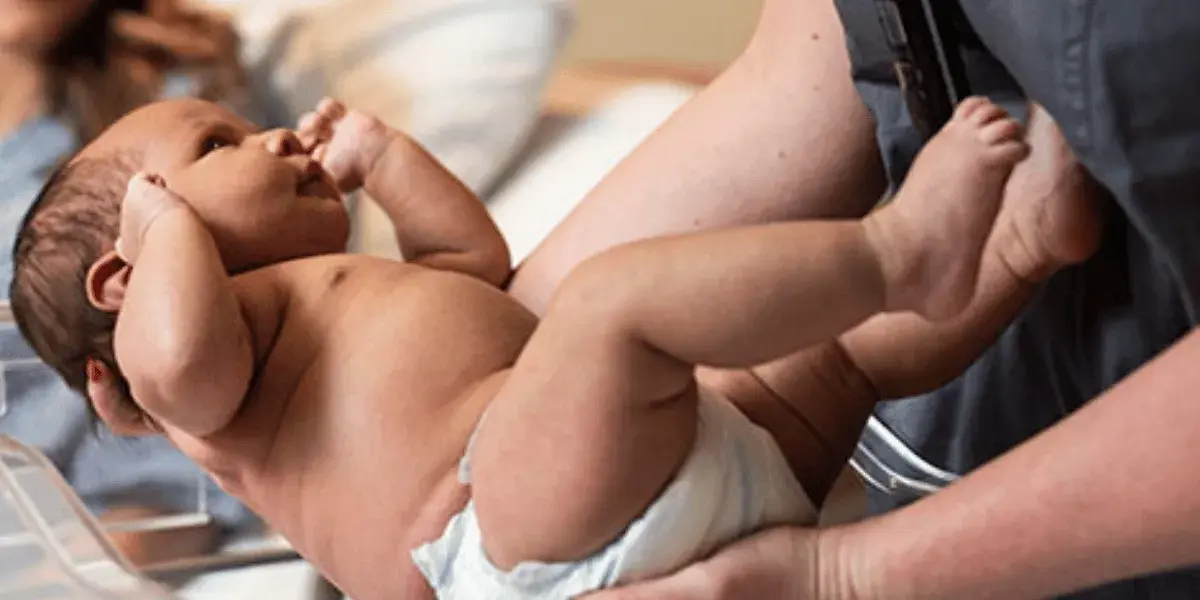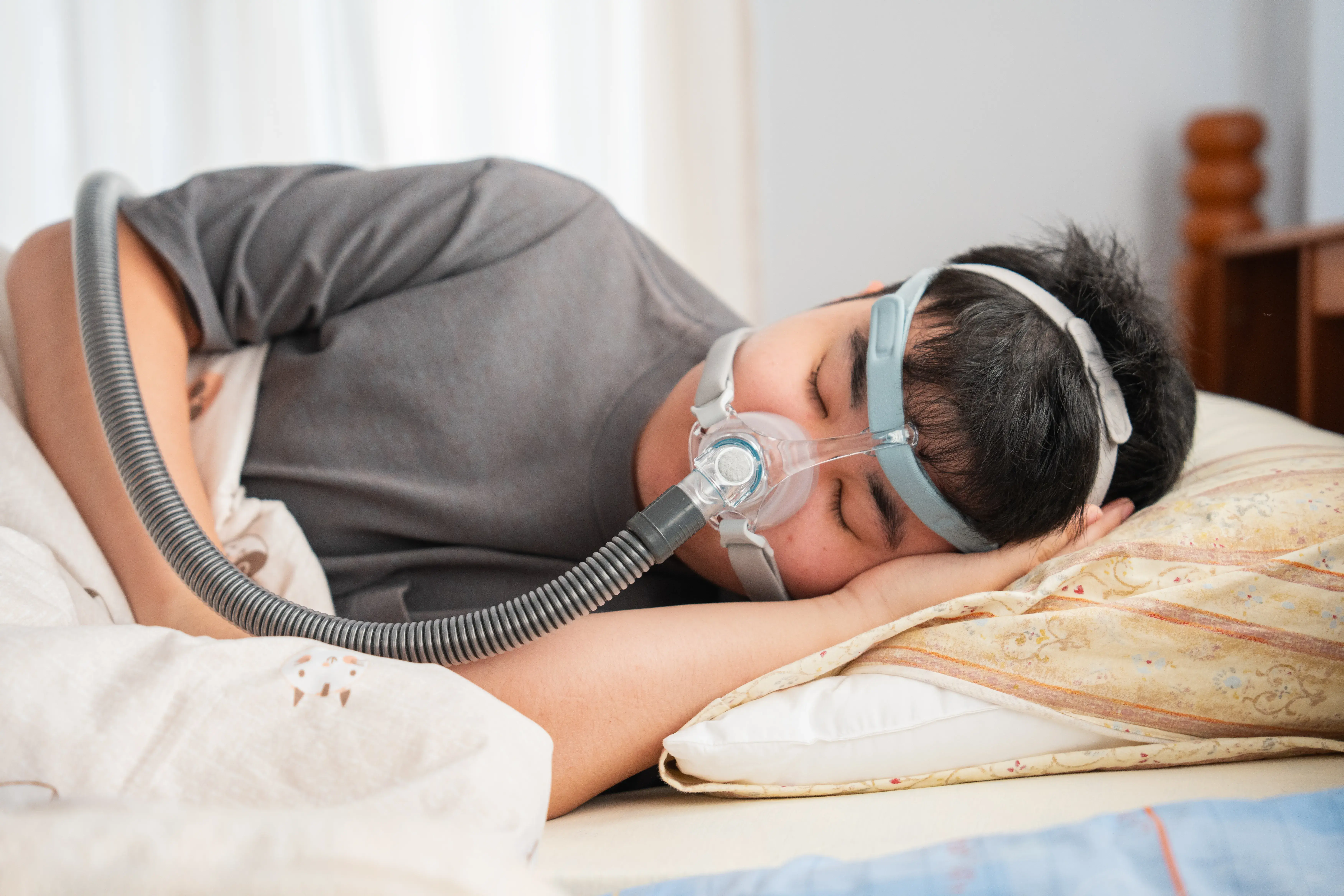
My knee hurts … now what? Ortho surgeon answers questions about knee pain
Snap, crackle, pop! That’s not your cereal … it’s your knees! But is it a bad sign?
How about that aching knee … should you let it sideline you?
Orthopaedic surgeon Frank “Spike” Phillips, MD, answered these questions and more as part of a recent webinar. In the recorded presentation, which you can watch here, Dr. Phillips discusses the causes of knee pain and more.
Here’s a selection of questions he answered during the presentation:
My knees make a popping and grinding noise, but I am not experiencing any pain. Is this normal? When should I seek medical advice?
Dr. Phillips: So that's not necessarily abnormal. That's a sensation that's called crepitus. A lot of times, depending on the situation of when that happens, it's similar to your knuckles popping. It's a bigger joint, so it’s a bigger noise.
When crepitus is associated with pain, as you're feeling that crunch and it hurts, or if it's associated with swelling or locking or catching or giving way, that's when you should seek attention, medical attention.
Are there any exercises that help alleviate knee pain? Are there any I should avoid completely?
Dr. Phillips: There are a whole host of exercises. Our national organization has a wonderful informational website. It's called orthoinfo.org. And on that website, you can find a lot of self-directed exercises. And these are the ones we hand out a lot of times in our office. I would encourage patients to look at those.
Basically, straight leg raises, laying on your back, raising your leg up in the air; things like this. The one exercise I always try to have patients avoid is a knee extension exercise.
Back when we were in high school, you would go in the gym trying to get the big quads, making your thighs look really good. You got on the machine, strapped a weight around your ankle and tried to straighten out against resistance.
That is a horrible, horrible exercise, especially if you have any kind of kneecap problem, and your knees will let you know quickly that you shouldn't be doing that.
Why is it so important to walk so soon after knee surgery?
Dr. Phillips: Well, I learned a quote from my partner several years ago when he first started with me, “Motion is lotion.” OK. It's important to get up and get moving. That helps.
It helps decrease risk of blood clots, helps with your ventilation. And it's important for your brain to see, "Hey, look, I can get up. I can move."
I have a bulge and a feeling of tightness behind my knee, especially when I extend my leg. What's the cause of this?
Dr. Phillips: So that's a condition called a Baker's cyst. And basically, a Baker's cyst is a weak spot in the lining on the back of your knee joint. Most of the time, especially in adults, the Baker's cyst is associated with something going on inside the knee, whether it's arthritis inside the knee, whether it's a little torn cartilage, anything that would cause your knee to swell.
And because you have this weak spot in the lining, instead of the knee swelling all the way around, it finds this localized area to kind of swell out the back. They're very, very common.
There is another type of Baker's cyst that we see in the pediatric and juvenile population. I, in fact, was diagnosed with a Baker's cyst when I was in eighth grade and have been carrying it with me ever since.
We don't really treat the Baker's cyst, in that we don't go and take out the Baker’s cyst. If you can address a problem that's causing the Baker's cyst, most of the time, it will tend to go away.
What are your thoughts on the same-day outpatient knee replacement surgery?
Dr. Phillips: Well, if you had asked me about seven years ago, I would have said, “What in the world are you talking about?” But after over 30 years in this business, you learn that there are things that we can make better.
And outpatient knee replacement, the literature supports it and that it is absolutely the way to go with the right patient. Some patients, they probably need to be in hospital. Younger, healthier people, there is really no reason that you shouldn't consider outpatient knee replacement.
What can I do to help if I have stiffness in my knee?
Dr. Phillips: Motion is lotion. So we try medications over the counter, anti-inflammatories like ibuprofen and naproxen.
Heat is a great modality. And here's the thing, heat and ice. The simple way to think about it is, you warm up and you cool down. So to help, you use heat before you're trying to do an activity. Even some of the muscle rubs, they help a little bit just because of that feeling of heat.
OK. Range of motion exercises. If you've got access to a water therapy or a swimming pool in your backyard, that's a great activity because it helps to unload your joints.
If you are dedicated enough to take the time to sit down, do all of your exercises, warm up beforehand, do your exercises, ice down afterwards.
Talk to your doctor about whether Spartanburg Regional’s orthopaedic services could help you. Looking for a primary care provider? “Find a Doctor” at our website.












